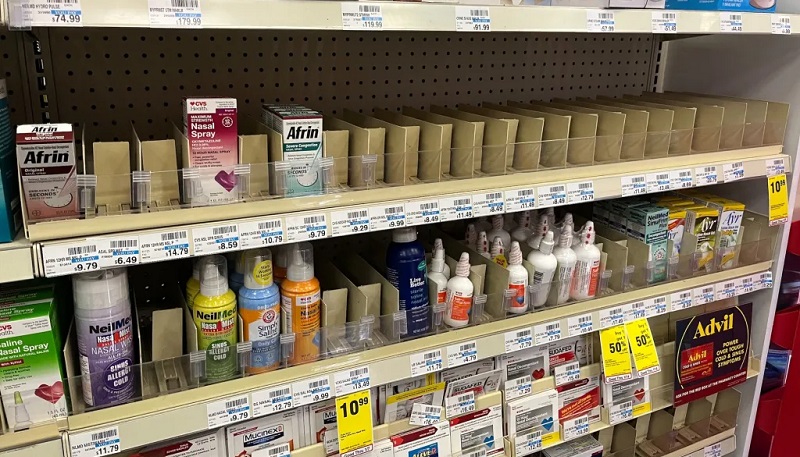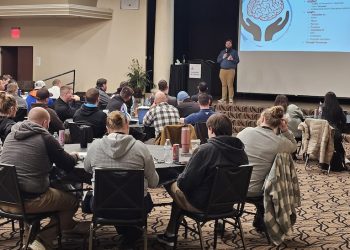Indianapolis, Indiana – Indiana pharmacists are confronting a rising lack of antibiotics and fever-reducing medications. The shortfall is occurring as COVID-19, the flu, RSV, and bacterial diseases like strep throat are on the rise in the Winter.
“Obviously there is an increase in usage right now with flu season, RSV, exedra, so yes, there is a higher demand,” clinical Pharmacist, Kurt Moyer, said at Dr. Aziz Pharmacy in Indianapolis.
Moyer draws attention to the fundamental economics of supply and demand as many pharmacies struggle with empty drug shelves.
Motrin, Tylenol, and children’s drinks are particularly challenging to locate. Major shops like CVS and Walgreens are currently imposing quantity restrictions.
On Amazon the cost of a three-pack of children’s Tylenol was close to $50.
The Consumer Healthcare Products Association reports that sales of drugs for treating fever and pain in children are up 65% from this time last year.
According to Dr. Aziz Pharmacy, when patients require it, their pharmacists combine these medications for them. But you need a prescription from a doctor for that.
Additionally, it’s challenging for pharmacists to fulfill Amoxicillin orders. Amoxicillin is currently in short supply, according to the FDA. According to Moyer, their pharmacists frequently can only fill ten-day prescriptions for seven days at a time, and liquid antibiotics are out of stock.
According to pharmacists, corporations are producing medications as quickly as they can.
“According to the manufacturers, it is not a manufacturing issue. They are still manufacturing as much as they have in the past, and they are releasing just as much as they have in the past. It is just a situation where we now have to wait for the supply to catch up with the demand,” Moyer said. “Unfortunately when information comes out that there are shortages then everybody rushes off and stocks up, so it’s the new toilet paper. So unfortunately these kids’ fever medications are being stocked up. A lot of places have had to put in limits to try to prevent people from doing that.”
Only buying what you need is what Moyer is advising. Manufacturers of over-the-counter medications are represented by the Consumer Healthcare Products Association, which claims that its members “don’t have a schedule” for when supply may catch up to demand.




















































































